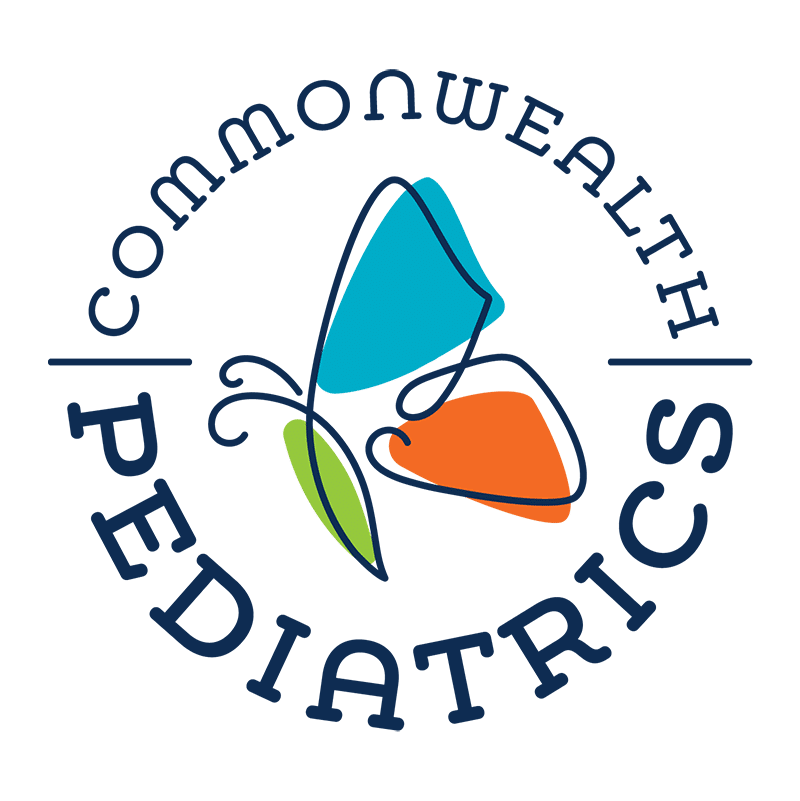Information About Allergies in Children
Does your child suffer from allergies? Identifying and managing these allergies early can help ensure a healthy and comfortable childhood. Find out what might be causing them and how you can help your child find relief below.
Allergy Symptoms In Children
Allergy symptoms in children can be severe, such as a runny nose or sneezing, or subtle, such as fatigue and irritability and behavioral changes. Your child may have allergies if you notice any of the following symptoms:

Common Allergens
An allergen is a substance that triggers an allergic reaction in children who are sensitive to it. When a person with allergies comes into contact with an allergen, their immune system reacts, leading to various symptoms and discomfort. Allergens include:
Managing Your Child’s Allergy Symptoms
You will work with your pediatrician at Commonwealth Pediatrics to identify the specific allergens that trigger your child’s symptoms. Once those allergens have been identified, take steps to minimize your child’s exposure to allergens. For example, if your child is allergic to pollen, keep windows closed during high pollen seasons, use air purifiers and limit outdoor activities during peak pollen times. If your child has food allergies, carefully read food labels and educate your child’s school and caregivers about the allergen. If your child is allergic to dust mites, wash linens and bedding every couple of weeks in hot water.
Medications For Allergies
Depending on the severity of your child’s allergies, we may recommend over-the-counter or prescription medications. Common allergy medications include:
Common Asthma Triggers In Children
Asthma is a chronic respiratory condition that can be triggered or worsened by various factors. Identifying and managing asthma triggers in children is essential for maintaining good asthma control and preventing flare-ups. Our pediatricians at Commonwealth Pediatrics can help to identify and manage asthma triggers specific to your child. Common triggers include:
Managing Eczema
Eczema, also known as atopic dermatitis, is a chronic skin condition characterized by dry, itchy and inflamed skin. Managing eczema in children involves a combination of skin care practices, lifestyle adjustments and medical treatments. Here are some strategies for managing your child’s condition:

Expert Pediatricians. Gentle and Kid-Friendly Care. Peace Of Mind.
Ready For Quality Pediatric Care?
High-quality pediatric services are just a click away! The Commonwealth Pediatrics team is dedicated to providing families with compassionate, patient-focused care you can trust. We put our patients first, and that starts before you ever set foot in our office. If you’re ready to schedule an appointment with us, fill out our online appointment request form.


